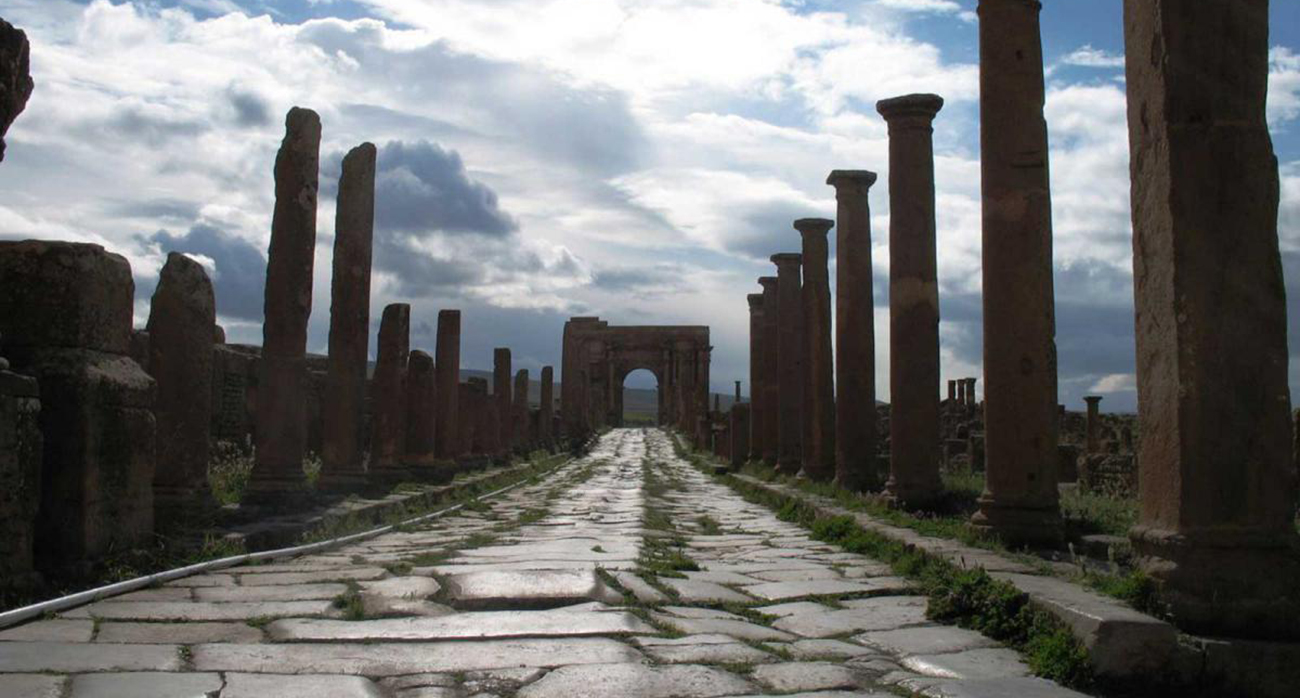BOETHIUS: "DE CONSOLATIONE PHILOSOPHIAE": BOOK I. Introduction: Having just translated a passage from St. Augustine of Hippo, Sabidius has also realised that he has similarly failed to honour, in his translations, the works of the almost equally renowned Anicius Manlius Severinus Boethius (consul in 510 A.D.), whose great work, "The Consolation of Philosophy", which he wrote in prison in 524 A.D., while awaiting the death penalty, was one of the most admired and frequently read books in Late Antiquity and the Middle Ages. Sabidius has therefore put this shortcoming to...
Introduction: Although this, the third book of the "Odyssey", involves no action or dispute, it is remarkably readable and entertaining. Perhaps its central character is Nestor, the old king of Pylos, whose recollections, hospitable instincts, and love of the gods succeed in holding our attention throughout the book. Certainly he treats his visitors, the young Telemachus and the goddess Athene, albeit in the guise of Mentor, a former friend of Telemachus' father Odysseus, with considerable generosity. The beach, just north of Pylos, on which Nestor is sacrificing black bulls...
Augustine: “De Civitae Dei”: Book IV
ST. AUGUSTINE: DE CIVITATE DEI CONTRA PAGANOS ("ON THE CITY OF GOD AGAINST THE PAGANS"): BOOK IV. Introduction: The item translated below is the first extract from the works of St. Augustine of Hippo that Sabidius has translated. This is partly because, with the exception of some selected letters written by Augustine, none of his writings, including both his famous "Confessions" and "City of God", are included in the texts of the Perseus website maintained by Tufts University, upon which Sabidius has so often depended for support, and partly, perhaps,...
Introduction: At the assembly which Telemachus calls at the beginning of this book, he is critical of the behaviour of the suitors, one of whom, Antinous, then blames Telemachus' mother, Penelope, for deceiving the suitors, and urges him to send her to her father so another marriage can be arranged for her. After Telemachus rejects this advice, the seer Halitherses interprets the flight of two eagles as indicating that the suitors are putting themselves at great risk by their misbehaviour, as Odysseus will soon be returning home to take his...
Introduction: One of the peculiarities of the "Odyssey" is that Odysseus, the Greek hero, whose travails are the subject of this book, does not actually make an appearance himself until Book V. Indeed, the first four books describe the plight of Odysseus' only son Telemachus in the prolonged absence of his father, and how he responds to the situation of great uncertainty in which he finds himself. Because of his particular interest in the character of Odysseus, Sabidius has previously prioritised translations of Books V-XII, but, before embarking upon...
Introduction: Book XI sees the beginning of the third successive day of fighting, a very long day, which features the most sustained and violent episode of fighting in the "Iliad", and which continues until the end of Book XVIII, at which point the Achaeans' defensive wall has been breached, their ships fired, and Patroclus has been killed by Hector. All this is in fulfilment of Zeus' promise to Thetis that the Achaeans will be punished because of Agamemnon's mistreatment of her son, Achilles. Book XI is essential to the plot...
Seneca: De Clementia (“On Mercy”)
Introduction: Lucius Annaeus Seneca (c. 4 B.C. - 65 A.D.), sometimes known as Seneca the Younger, was born in Corduba in Spain, but came to Rome as a very young child and resided there with his father, Seneca the Elder (54 B.C. - 39 A.D.), a well-known writer and orator. In 41 A.D. he was exiled to Corsica by the Emperor Claudius, because of an alleged affair he had with Claudius' niece, Julia Livilla, but in 49 he was allowed to return to Rome at the instigation of Claudius'...
St. Paul’s Epistle to the Hebrews
Introduction: Although Sabidius has followed the Authorised Version of the Bible in attributing the 'Epistle to the Hebrews' to Paul in the above title, there is widespread recognition among biblical scholars that he himself was not the author of this letter, the vocabulary and style of which are markedly uncharacteristic of Paul, nor does the author identify himself, contrary to Paul's usual practice. The most likely alternative author is the Alexandrian Jew Apollos, although Barnabas has been considered by some as another. However, while Paul may not have written...
Homeric Hymns: 5) To Aphrodite
Introduction: The Hymn to Aphrodite is the fifth in a collection of thirty-three anonymous ancient Greek hymns celebrating individual gods, mostly dating to the seventh century B.C., shortly after the works of Homer and Hesiod had first been written down, and they are therefore among the oldest monuments of Ancient Greek literature. In antiquity they were uncritically attributed to Homer, the earliest reference to them coming from Thucydides (see Bk III. 104). Although it is now clear they were not written by Homer, they were composed in the old...
Introduction: The focus, and the main event, of this book is the tremendous one-to-one combat between the Trojan prince Hector and the the Greek hero Ajax, son of Telamon, or Ajax the Greater (see ll. 206-282). As in the case of the duel between Paris and Menelaus in Book III, the Greek had the better of the fighting, but neither warrior was significantly wounded. A significant theme of Book VII is the importance attached to the cremation of those killed in the fighting. In making his challenge to the...


